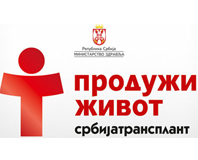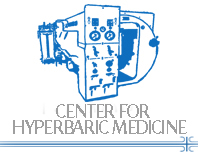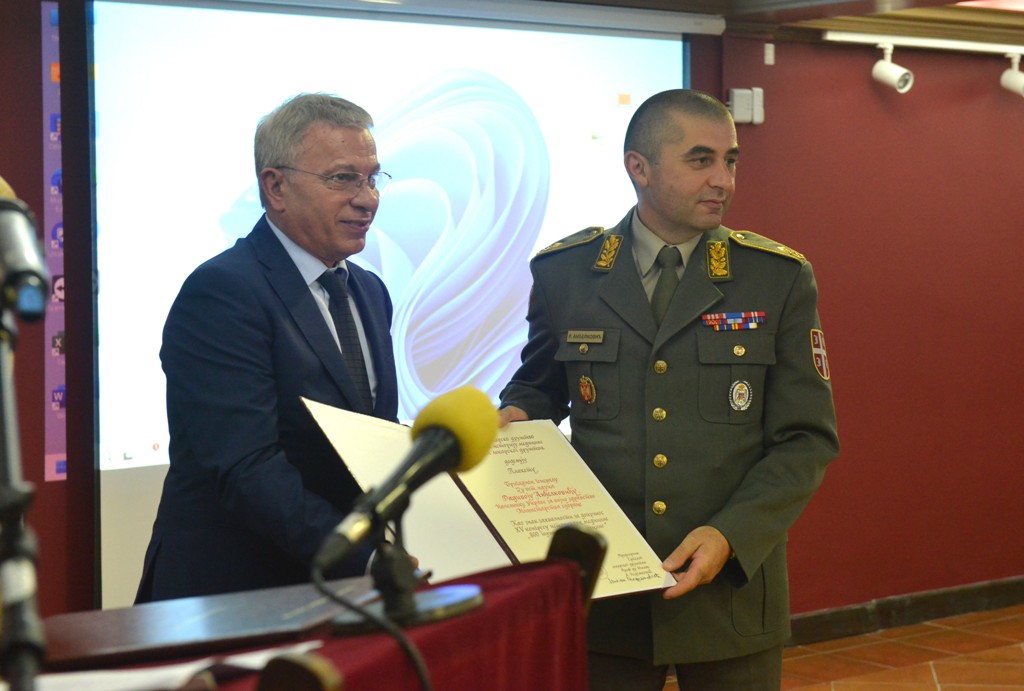
Impressions from the 15th Congress of Historians of Medicine
20. 06. 2024
The congress of historians of medicine "800 years of Serbian medicine" organized by the Section for the History of Medicine of the Serbian Medical Association was held in the complex of the Sveti Prohor Pčinjski monastery.
After the blessing of the Bishop of Vranje, Mr. Pahomi, about eighty congress participants and distinguished guests were greeted by the president of the Section for the History of Medicine of the SMA, Dr. Zoran Vacić, and the congress was opened by the president of the SMA, Prof. Dr. Milan Nedeljković. At the opening, the ambassador of the Republic of Poland in Belgrade, Rafal Perl, the mayor of Vranje, dr. Dr. Vladimir Sakač and the head of the Military Healthcare Department, Brigadier General Radivoje Anđelković VMD.
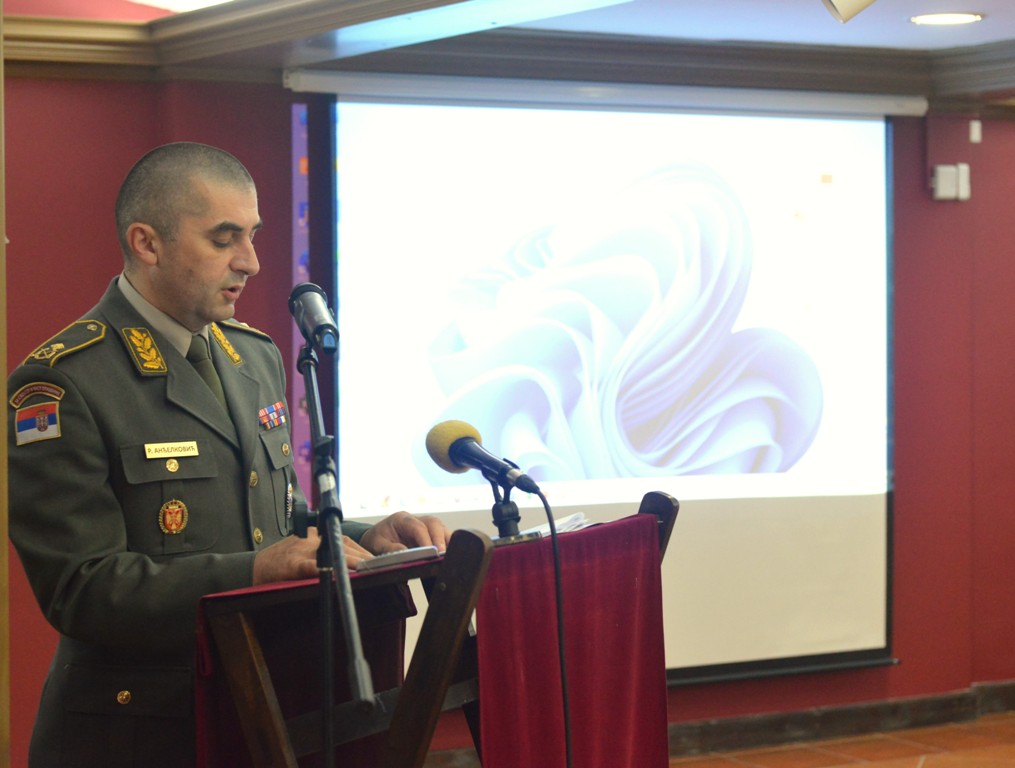 General Anđelković expressed satisfaction that members of the military and civilian health services are working together on an important project - about the history of medicine in Serbia. He reminded that from the formation of the Serbian state to the present day, the military health care followed the destiny of the people and the state and made a significant contribution to the progress not only of medicine, but also to the overall social, political and cultural development.
General Anđelković expressed satisfaction that members of the military and civilian health services are working together on an important project - about the history of medicine in Serbia. He reminded that from the formation of the Serbian state to the present day, the military health care followed the destiny of the people and the state and made a significant contribution to the progress not only of medicine, but also to the overall social, political and cultural development.- Historians of medicine make extraordinary efforts to clarify our medical past and present it in the right light, so that we don't forget those who selflessly sacrificed themselves in times of struggle for survival and freedom and whose actions enabled us to live and create today in incomparably better conditions - said the head of the Military Healthcare Department.
According to him, it must never be forgotten that even in the most difficult times, during wars, major epidemics, natural disasters and social crises, conflicts between nations, the army and the state depended for a large part on ascetics in the medical profession: doctors, nurses and technicians and paramedics.
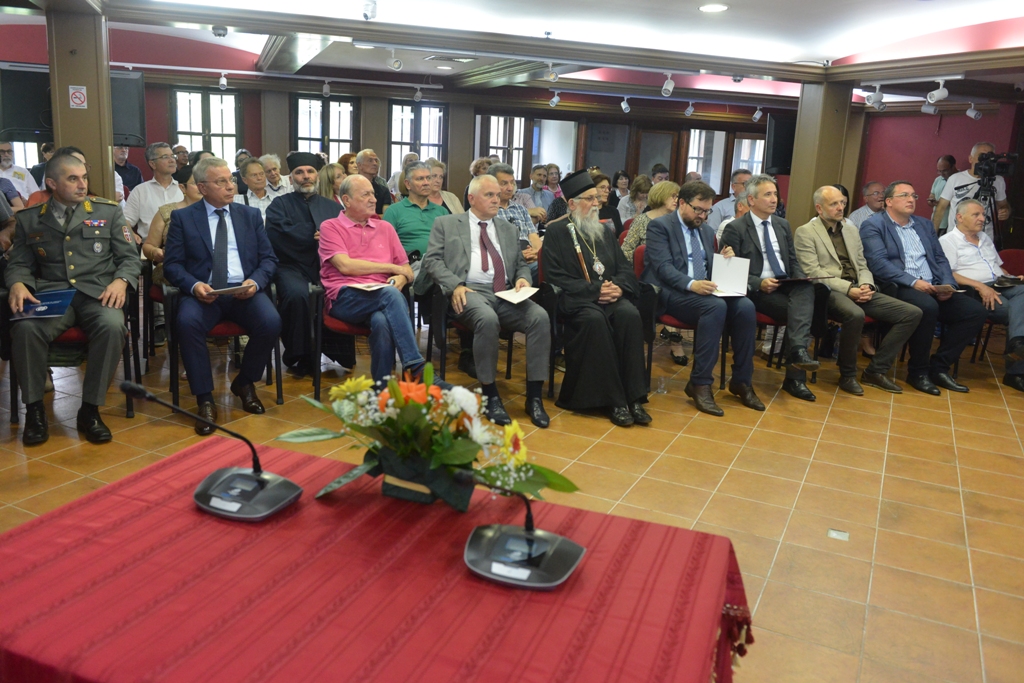 - The evidence for that is many facts that have been arrived at through persistent research. But there is certainly still a lot unexplored. That is why it is up to the tenacious people who perform this responsible and difficult job, namely the members of the Section for the History of Medicine of the Serbian Medical Association, to arrive at the truth through systematic research, with full respect for the principles of scientific research - Brigadier General Anđelković said.
- The evidence for that is many facts that have been arrived at through persistent research. But there is certainly still a lot unexplored. That is why it is up to the tenacious people who perform this responsible and difficult job, namely the members of the Section for the History of Medicine of the Serbian Medical Association, to arrive at the truth through systematic research, with full respect for the principles of scientific research - Brigadier General Anđelković said.In the continuation of the congress, awards, charters, plaques and certificates of appreciation were awarded. One of the plaques, awarded for outstanding contribution to the organization of the 15th Congress of Historians of Medicine, was presented to the head of the Military Healthcare Department, and the award of the Serbian Medical Association for contribution to the development of the Medical History Section of the SMA "Dr. Vladimir Stanojević" was presented to retired colonel prof. Dragan Mikić, President of the Organizing Committee of the 15th Congress.
In the working part of the congress, about fifty works were presented, four documentary films were shown, an exhibition was presented about Dr. Milan Nikolić, the second director of the Pasteur Institute in Novi Sad, and the promotion of Dr. Marina Janjić’s book "Doctors from Vranje educated at European universities". In her book, there were words about active officers - General Dr. Jordan Stajić, Colonel Dr. Jordan Tasić, Lieutenant Colonel Dr. Dušan Kopša and Major Dr. Milutin Kopša. By the way, all the doctors she wrote about were reserve medical officers, and they were all fighters on the Thessaloniki front. One of the documentaries was "Mensch" ("Man") about the life and work of a Polish doctor of Jewish origin, prof. Dr. Ludvik Hiršveld, who provided extremely great help in the prevention and treatment of the Serbian army and people from infectious diseases during the First World War. The second documentary film "Another Spring" from 2023 was about the smallpox epidemic in SFRY in 1972. The participants were able to find out more details about the journalist work of General Dr. Žarko Ruvidić, whose works on the organization of military health care between the two world wars were a useful testimony and source of data for the history of health care, and his importance was reminded by the retired Brigadier General Assoc. Dr. Veljko Todorović. Retired lieutenant colonel Luka Nikolić spoke about the activities of the Music Orchestra of the Cavalry Division in Bizerte and North Africa from 1916 to 1919. A visit to the memorial ossuary on the Zebrnjak hill, a monumental edifice erected in honor of the fallen Serbian soldiers during the Battle of Kumanovo in the First Balkan War, could also be considered a military-historical part of the congress.



